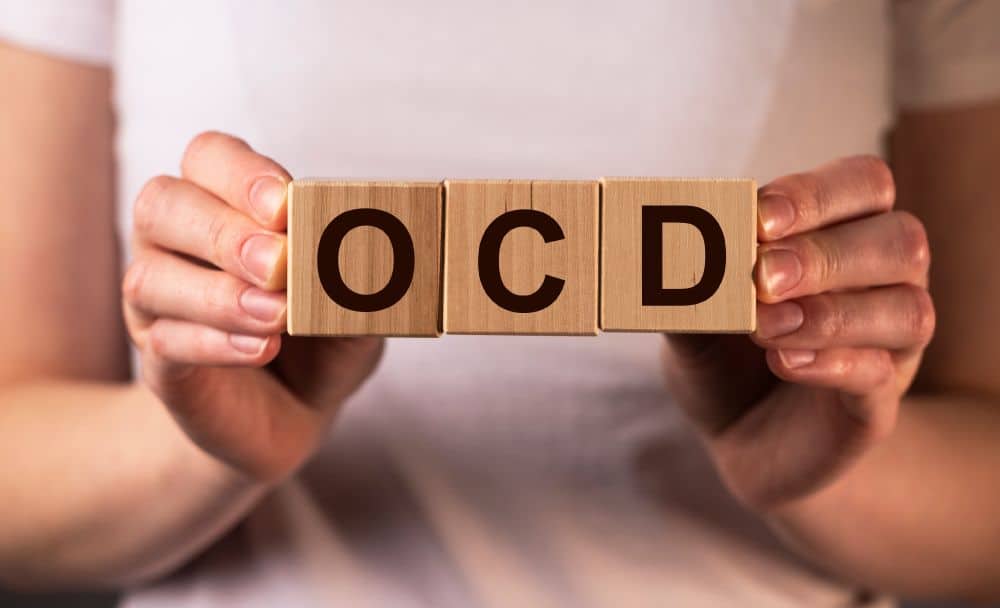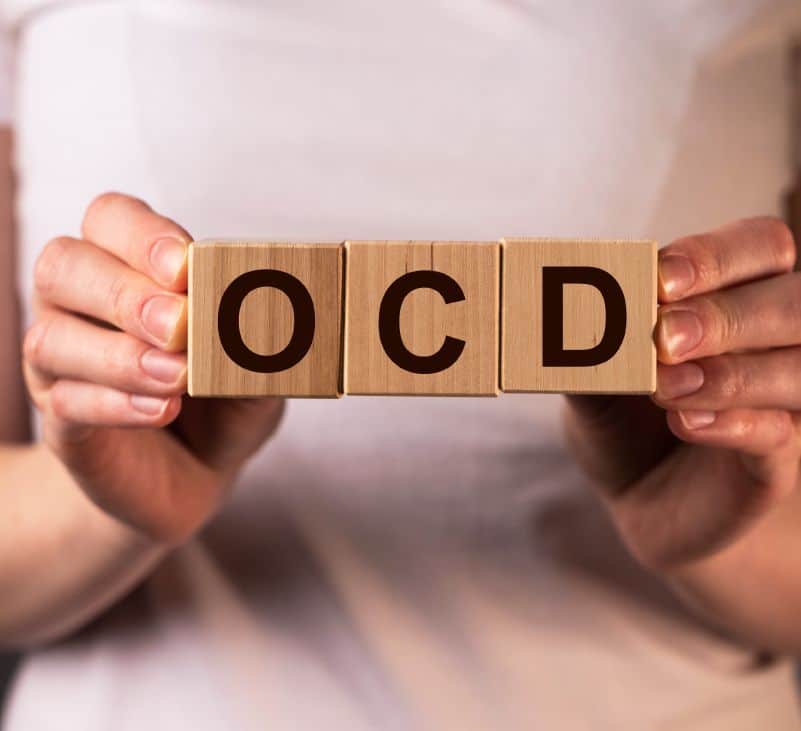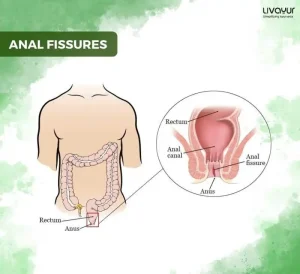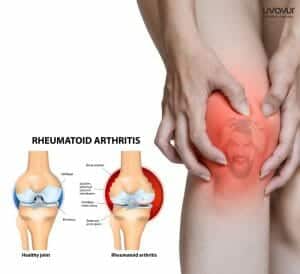
Obsessive-Compulsive Disorder (OCD) is the term used to describe a prevalent mental health condition. This condition is usually not diagnosed and treated in time due to the lack of recognition of the characteristic OCD symptoms. It is characterized by typical symptoms of OCD which are persistent and intrusive thoughts (obsessions) and repetitive, ritualistic behaviors (compulsions) intended to alleviate anxiety or prevent perceived harm.
OCD affects people of all ages, but OCD symptoms usually first manifest in adolescents and can significantly impact their daily lives. While mild cases can be addressed through self-help, most people with obsessive-compulsive disorder should be offered cognitive behavior therapy incorporating exposure and response prevention. [1] This article will explore OCD signs and symptoms and its treatment options.
What are the symptoms of OCD?

Obsessions:
Obsessions are intrusive and distressing thoughts, images, or urges that individuals with OCD experience. These obsessions are typically irrational and often revolve around themes and OCD symptoms such as contamination, symmetry, obsession with sex or religion, forbidden or taboo thoughts, and the need for exactness. Other common OCD signs and symptoms include obsessions such as excessive fear of germs, worries about causing harm to oneself or others, the need for symmetry or perfection, or excessive self-doubt.
Compulsions:
Compulsions are repetitive stereotyped behaviors or mental acts that individuals with OCD symptoms feel compelled to perform in response to their obsessions. These compulsions are intended to reduce anxiety or prevent a feared outcome. Common OCD signs and symptoms where compulsions manifest include excessive hand washing or cleaning, arranging objects in a specific order, checking repeatedly, counting or repeating words or phrases silently, hoarding, ruminating, or seeking reassurance from others. [1]
Distress and Impairment:
OCD leads to major distress and can disturb one’s daily functioning. Also, OCD symptoms can deteriorate the quality of life. The obsessions as well as compulsions are time-consuming and can consume several hours each day, making it difficult for individuals to concentrate on work or school. Relationships may suffer as a result of the time and energy devoted to OCD symptoms. The distress caused by OCD can lead to feelings of shame, guilt, and embarrassment.
What are the treatments for OCD?
Cognitive Behavior Therapy (CBT):
CBT is the most effective psychological therapy for OCD. One specific type of CBT called Exposure and Response Prevention is commonly used for OCD as it shows high response rates in patients who have completed the therapy. ERP involves gradually exposing individuals to situations that trigger their obsessions while preventing the accompanying response or compulsions. By repeatedly confronting anxiety-provoking situations without engaging in the compulsions, individuals learn that their fears are irrational and that the anxiety diminishes over time. [1]
Medication:

Selective serotonin reuptake inhibitors (SSRIs) are the commonest prescribed medications for OCD. SSRIs can help reduce the frequency and intensity of obsessions and compulsions, but it may take several weeks before the full effects are felt. [1] Serotonin plays a role in reducing the anxiety caused by obsessions. [3] These antidepressant medications, such as Clomipramine, sertraline, and fluvoxamine, work to some extent and produce a moderate improvement in OCD symptoms. [2]
Deep Brain Stimulation (DBS):
For individuals with severe OCD who do not respond to other treatments, deep brain stimulation may be considered. DBS involves surgically implanting electrodes in specific brain regions to deliver electrical impulses. The targeted brain areas include the basal ganglia area. DBS has shown promise in reducing OCD symptoms in some cases, but it is a relatively new and invasive procedure that requires further research. [4]
FAQs
- What are some lifestyle changes that can be adopted in order to deal with OCD signs and symptoms?
Apart from therapy and medication, individuals with OCD can benefit from adopting certain lifestyle changes. Regular exercises, optimum sleep, and stress reducing techniques like meditation or yoga can help reduce anxiety and improve overall well-being. Building a strong support network of family, friends, or support groups can provide encouragement and understanding during the recovery process.
- State a few self-help strategies to deal with OCD signs and symptoms.
There are several self-help strategies that individuals with OCD can incorporate into their daily lives. These include self-monitoring, keeping a journal to identify triggers and patterns, challenging irrational thoughts and beliefs, practicing relaxation techniques, and gradually exposing oneself to feared situations. However, self-help strategies should be used in conjunction with professional treatment and guidance.
- What are the Ayurvedic remedies for dealing with OCD symptoms in adults?
There are several ways to tackle OCD symptoms in adults through Ayurveda such as:
✓ Brahma Rasayana: This helps rejuvenate and strengthen not only the body but also the mind
✓ Panchagavya Ghrita: The lipophilic nature of this transcends the blood-brain barrier and shows its effects on the brain cells
✓ Mahapanchagavya Ghrita: Helps in the treatment of OCD symptoms in Hindi and other psychiatric conditions
✓ Brahmi Ghrita: A powerful mind-soothing drug that boosts the mind and the intellect
✓ Vacha Choorna: Helps stimulate the brain cells and also enhances memory
✓ Saraswata Choorna: Soothing to the mind and helps rejuvenate the nerves
✓ Saraswatarishta: Helps promote intellect and memory power
✓ Brahmi Vati: Calms the mind, is an energizer, and memory tonic
✓ Manasamitra vatakam: helpful in cases of depression and psychosis in relation to OCD symptoms in Hindi
✓ Apart from these, you should also follow a healthy routine such as going to bed and waking up early with at least 7 to 8 hours of sleep as it helps calm the mind and relieves anxiety.
✓ You should practice Pranayama for at least 3 minutes each day.
✓ Stop consumption of narcotic drugs as well as alcohol consumption and smoking.
Conclusion
OCD is a complex mental health condition that can significantly impact a person’s life. Recognizing the symptoms of OCD is crucial for early intervention and treatment. With the help of cognitive-behavioral therapy, medication, and lifestyle changes, individuals with OCD can learn to manage their symptoms and lead fulfilling lives.
Disclaimer: This article is written from a health and wellness perspective only and is not a piece of medical advice. Kindly seek the help of a certified medical practitioner before initiating any treatment.























